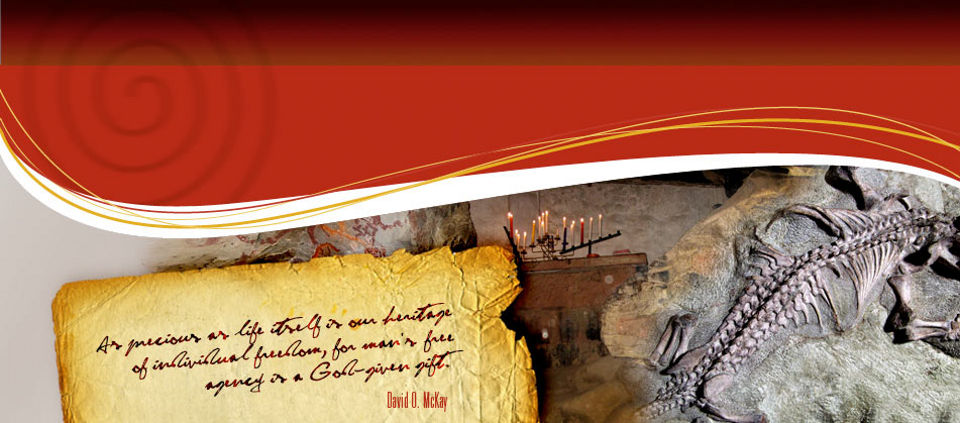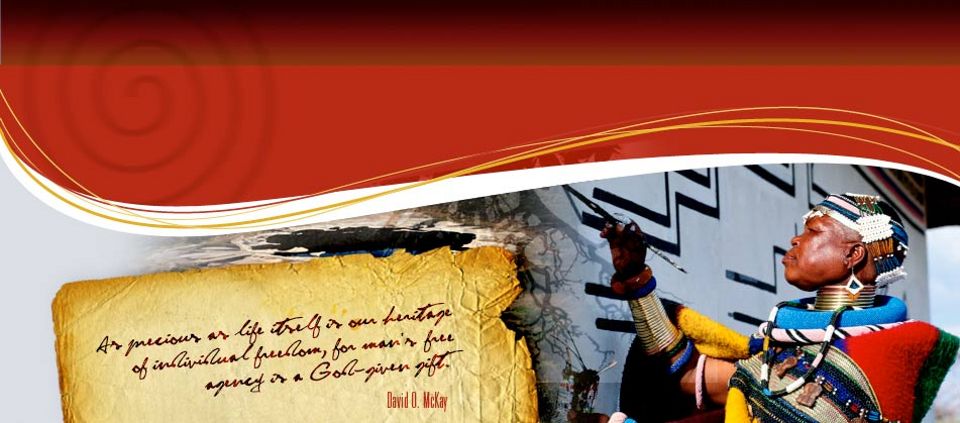THIS IS THE ARCHIVE FOR SAHRIS 1.0
THIS SITE IS NOW AN ARCHIVE AND IS NOT SUITABLE FOR MAKING APPLICATIONS
Please be aware that no content and application creation or changes to information on this version of SAHRIS will be retained.
To make applications or utilise SAHRIS for the creation of information, please use the new site:
https://sahris.org.za
Changes to SAHRIS!
The South African Heritage Resources Information System (SAHRIS) has undergone a generational upgrade and restructure. These changes to the site include, but are not limited to:
- A new & modernised look and layout
- Improved site usage flows with respect to applications and content creation
- Improved site performance and stability
Launch for the new version of SAHRIS occurred on Monday the 30th of October 2023.
The new site can be found here:
SAHRIS | SAHRIS
Procurement
The Constitution of the Republic of South Africa, Act 108 of 1996 contains the founding principles of our new democracy. It sets the scene for a new dispensation in all spheres of society, amongst others commercial relationships between ordinary citizens and organs of state. In this respect section 217(1)(2)(3) of the Constitution of the Republic of South Africa is crucial as it constitutes the foundation upon which the delivery of all goods and services to organs of state will be based.
It provides as follows;
“(1) When an organ of state in the national, provincial or local sphere of government, or any other institution identified in national legislation, contracts for goods or services, it must do in accordance with a system which is fair, equitable, transparent, competitive and cost effective.
(2) Subsection (1) does not prevent the organs of state or institutions referred to in that subsection from implementing a procurement policy providing for;
(a) categories of preference in the allocation of contracts; and
(b) the protection or advancement of persons, or categories or persons, disadvantaged by unfair discrimination.
(3) National legislation must prescribe a framework within which the policy referred to in subsection (2) must be implemented.”
In an attempt to comply with its obligations in terms of section 217(3), parliament has adopted several pieces of legislation which seek to establish a statutory framework within which organs of state have to develop their own procurement policies. Examples of such legislation are the Preferential Procurement Policy Framework Act, Act No 5 of 2000 (the ‘PPPFA’) and its supporting regulations, the Public Finance Management Act, No 1 as amended by Act No. 29 of 1999 (the ‘PFMA’) and its supporting regulations and the Broad Based Black Economic Empowerment Act, No 53 of 2003 (the ‘BBBEEA’) and the Codes of Good practise adopted in terms thereof.
The object of the SAHRA Supply Chain Management policy and procedure document is to lay down a policy in line with various applicable pieces of legislation, inter alia those referred to above, in terms whereof procurement of goods and services by the South African Heritage Resources Agency will take place.
Bidders are advised that the bid document has to be submitted in the following format:
1. Bid cover page
2. Terms of Reference
3. WCBD 1 form
4. SBD 2 form
5. SBD 3.3 form
6. SBD 4 form
7. SBD 6.1 form
8. SBD 8 form
9. SBD 9 form
10. Contactable references for bids form
11. General conditions of contract
Standard Documents for download:
SAHRA Database Supplier Registration Form
No current tenders...



